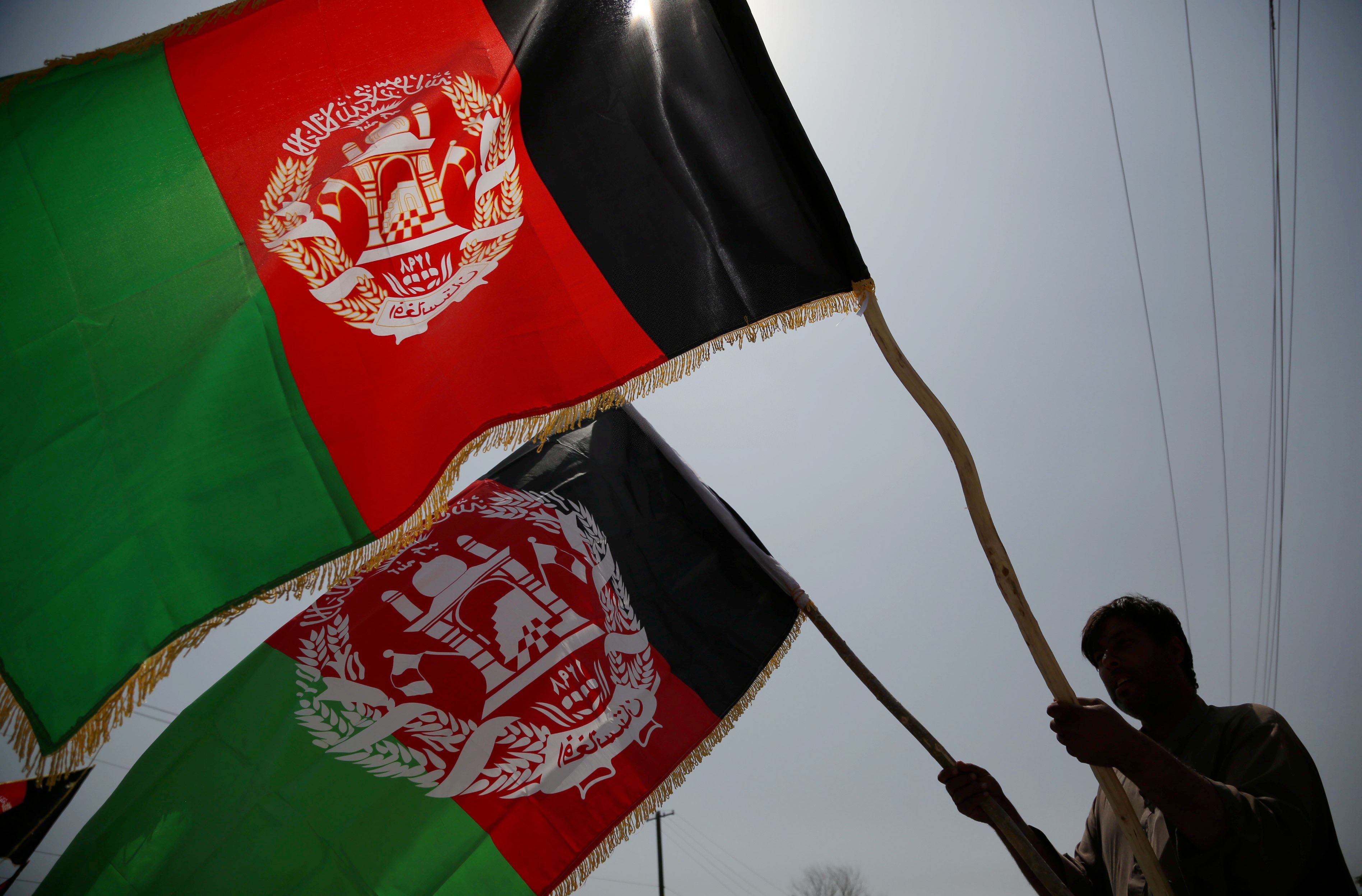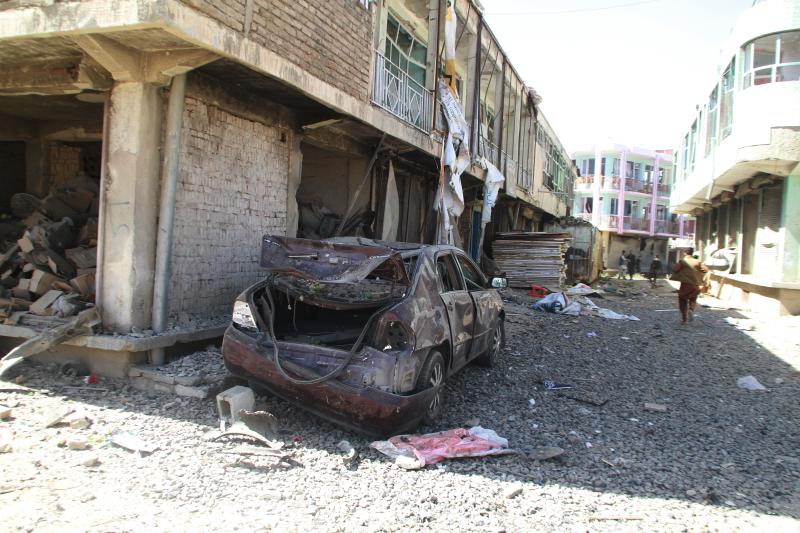Intra-Afghan peace dialogue is a hopeful sign of progress
- By Sajjad Malik
 0 Comment(s)
0 Comment(s) Print
Print E-mail China.org.cn, July 11, 2019
E-mail China.org.cn, July 11, 2019

In Doha, a high-profile meeting between prominent Afghans and Taliban representatives is a crucial step towards ending 18 years of war.
Around 53 prominent Afghans, including politicians, civil society activists and journalists, attended the two-day conference with 17 Taliban leaders. The conference resulted in a joint communique, with both sides pledging to respect Islamic principles and human rights, reduce toxic statements against each other and avoid attacks on soft targets such as public places and institutions.
The talks were held as American and Taliban representatives are slowly inching towards an agreement about the terms of American troop withdrawal. The seventh round of their talks was launched on June 29 and is ongoing.
The Doha meeting is important because the Taliban have historically rejected the legitimacy of the Afghan government and frequently branded it as a "puppet" of the Americans.
But at some point, it was important for the Taliban and Afghan government to sit together and address differences. After all, they will have to live in the same country once foreign troops have left. So, it is better to fight out tension on the table, rather than taking up arms again.
That important stage has been reached at Doha, and the latest huddle provided an occasion for the two sides to talk in a frank manner. The presence of Afghan officials is the beginning of a process that may ultimately pave the way for talks between the administration in Kabul and the Taliban.
According to U.S. representative Zalmay Khalilzad, substantial progress has been made in the talks since January, when the two sides agreed on broad outlines as how to move ahead to end violence and bring stability.
Khalilzad hopes that the final draft might be ready by September. However, it should not just be a deal between the U.S. and Taliban. It is important to include the Afghan government to create a broader ownership of the final agreement, otherwise it will not be easy to implement.

Unfortunately, as the Afghans were meeting to find a way out of the conflict, a powerful car bomb hit Ghazni city, killing eight security personnel and six civilians, including a child. The apparent target was the Afghan intelligence service.
Such attacks are a painful reminder that peacemaking is not an easy job. Violence evolves into a culture and thrives on instability and bloodshed. Those trying to address this malaise should not be discouraged by the latest acts of sabotage.
The Taliban should try to understand that they will have to finally live with the people they are fighting. They will need sympathy and support once they part company with their weapons, which have been the source of their power so far.
There will be several ups and downs in the process before violence ends in Afghanistan. But the process has started with the realization among various groups and stakeholders that there is no military solution.
Regardless of the outcome, the fact that those who are usually killing each other are sitting and talking is a source of hope.
Sajjad Malik is a columnist with China.org.cn. For more information please visit:
http://m.formacion-profesional-a-distancia.com/opinion/SajjadMalik.htm
Opinion articles reflect the views of their authors, not necessarily those of China.org.cn.
If you would like to contribute, please contact us at opinion@china.org.cn.





